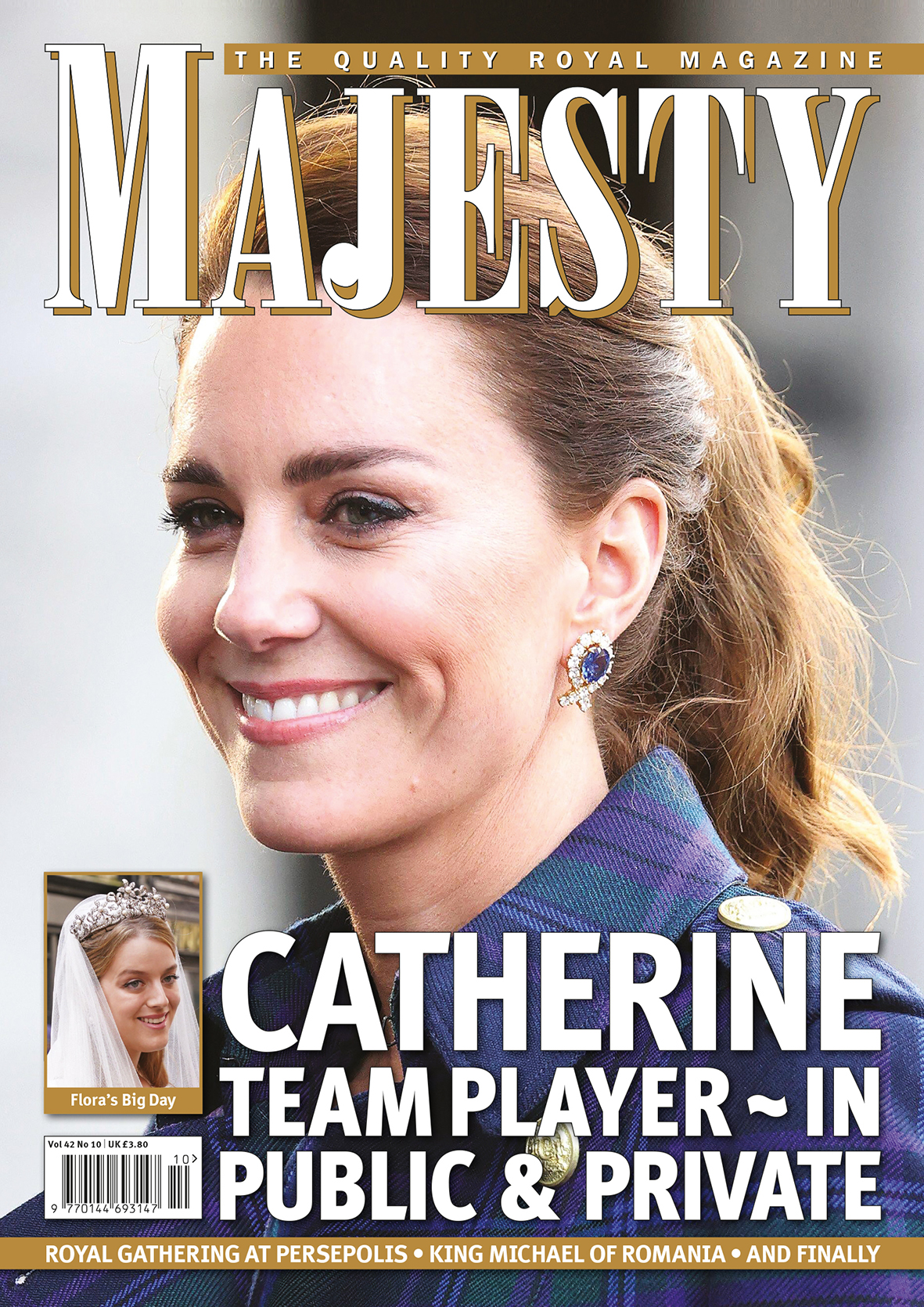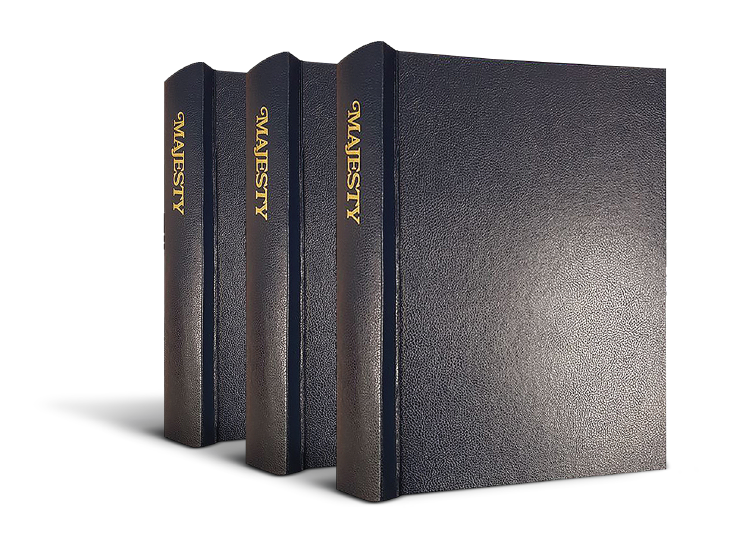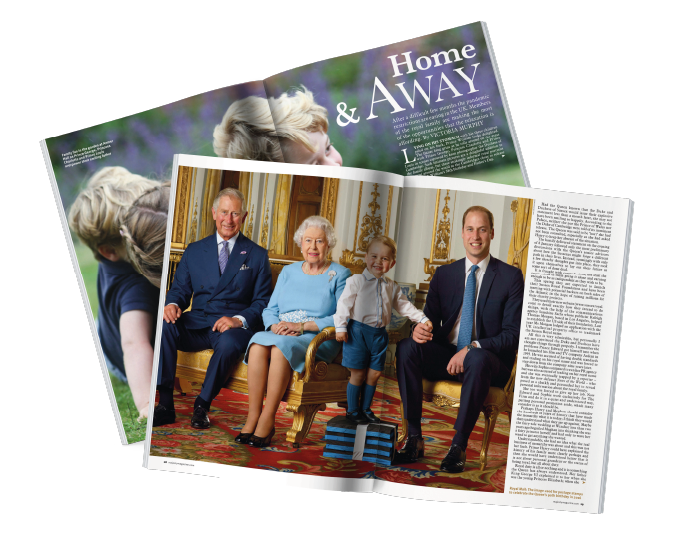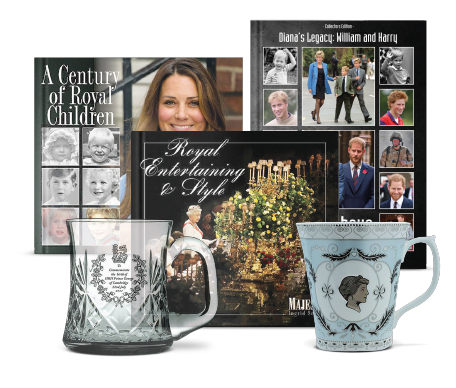
never miss an issue

Historically, senior members of the royal family have always relied on trusted aides to advise them and keep them informed about what is going on. By dint of who the royals are, they are isolated from the outside world and depend on others to carry out their wishes: the Queen, for example, has her senior dresser turned personal assistant, Angela Kelly, to brief her. Diana, Princess of Wales had butler Paul Burrell as her eyes and ears, and for the Prince of Wales Michael Fawcett performed the same role.
Long before Fawcett started work as his valet, the Prince of Wales employed Stephen Barry, who did everything for the prince until he eventually left and wrote his own memoirs – with Charles’s permission. When Michael Fawcett was successfully running the Prince’s Foundation his remit was to help raise the essential funds to keep things going. Prince Charles is Britain’s biggest charity fundraiser, bringing more than £100 million a year to his charities, but it is hard work to keep this level of fundraising going without a great deal of help.
In securing some of the sizeable donations, Michael Fawcett is accused of exceeding his remit by promising things he could not provide; if he is proven to be in the wrong he will have to fall on his sword. In 1993 Prince Charles’s polo manager of 21 years, Ronald Ferguson, was involved in a scandal that resulted in his employment being terminated; a letter from the prince’s private secretary apprised him of this decision. The royal family take no prisoners and however good they are at their job, the member of staff will be dispensed with if they are involved in anything that reflects badly on their royal principal.
Younger members of the family such as the Duke and Duchess of Cambridge seemingly rely less on their personal staff and in so doing manage to keep their private lives separate. They allow a few heartening stories into the public domain but don’t encourage gossip. In the recent evacuation from Kabul, for instance, Prince William intervened with the rescue of an Afghan officer he knew from his Sandhurst days. Together with the women and children in his family, a safe passage was secured for him through the gates of the airport and out of the country.
Prime minister Boris Johnson and his wife Carrie spent two nights at Balmoral Castle as guests of the Queen at the beginning of September. Having arrived on a Saturday, they joined the Duke and Duchess of Rothesay for tea at Birkhall on the Sunday and left the castle on the Monday morning.
The Cabinet Office has launched an investigation after plans for the immediate aftermath of the Queen’s death, codenamed ‘Operation London Bridge’, were leaked. It is not the first time such information has been published: in 2017 The Guardian published an 8,000-word document detailing every nuance of what is expected to happen over a ten-day period.
The Queen knows that in the era of the internet it is almost impossible to keep anything secret, which is why she relies on absolute discretion from her top aides. Maybe her eldest son should be less trusting of those around him.




